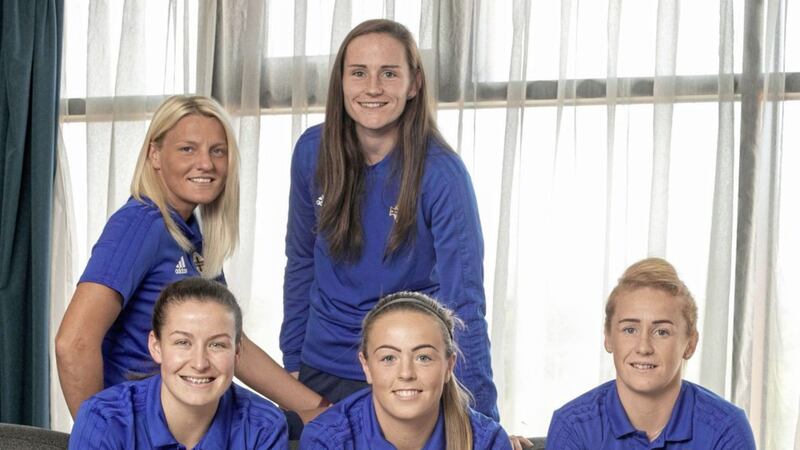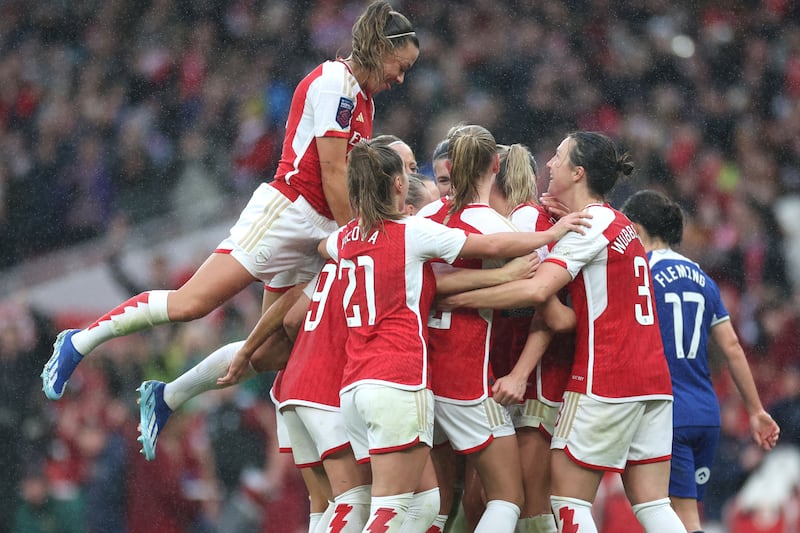IT'S clear women’s sport is having a seminal moment. There's been a significant rise both in participation and spectating across a raft of sports from women’s cricket and rugby, to football and hockey. Women sporting stars are becoming the norm, gaining the recognition they deserve and acting as an inspiration for a whole generation.
Some would argue that the women’s World Cup was the catalyst for the rise, with widespread coverage opening up female football to a whole new audience (some 28.1 million people tuned in).
But while undoubtedly the televising of the games on free to view spurred female sport on, that is too simplistic and the competition much too recent, because there has been something else at work - something that began well in advance of July 2019.
That something was the commitment and foresight of a few forward-thinking brands to realise the value of investing in female sport.
Vitality’s sponsorship of netball, Lidl’s sponsorship of ladies Gaelic football and Electric Ireland’s sponsorship of female football in Northern Ireland are all cases in point.
These brands unquestionably have specific commercial reasons for partnering with sport (Electric Ireland has just won the European Sponsorship Award for purpose-led sports sponsorship for its Game Changers Campaign), but each should be recognised for having done more than just tapped into a societal conversation or met a particular business need.
Each has made a significant difference and arguably, along with others, brought female sport to a tipping point by providing essential funds for growth within the sport they sponsor.
Investment has resulted in greater interest both in terms of participation and spectating, with the final between Dublin and Cork in 2018 playing to an audience of 50,141 in Croke Park, the netball World Cup in Liverpool selling 74,000 tickets and Northern Ireland women’s most recent international gaining an 84 per cent rise in attendance based on average in previous 18 months.
Recent research commissioned by Electric Ireland into views on female sport and women’s football in particular makes for the most part, positive reading.
It found that 69 per cent of adults have noticed an increase in women’s sports awareness in the past two years with 58 per cent agreeing equality is needed for all sports. Some 61 per cent would encourage a young girl to play football while 56 per cent people feel that the perception of women’s football has changed positively in the last two years.
Nielson’s research into women’s sport conducted globally and published in late 2018 found that 84 per cent of sports fans are interested in women’s sport. So, the public appetite for women’s sport is there and with it a whole new avenue for savvy brands.
While commercial activity in the arena is still relatively small there is no doubt women’s sport can stand alone now. The potential it offers is recognised, attracting more brands with the circular effect of growth of the sport through investment leading to increased ticket sales, media coverage and advertising which in turn translates into even further commercial investment.
For the business of women’s sport, its game on.








